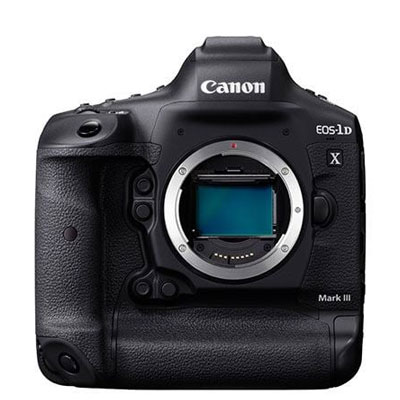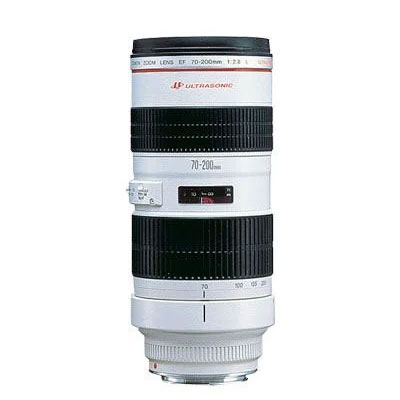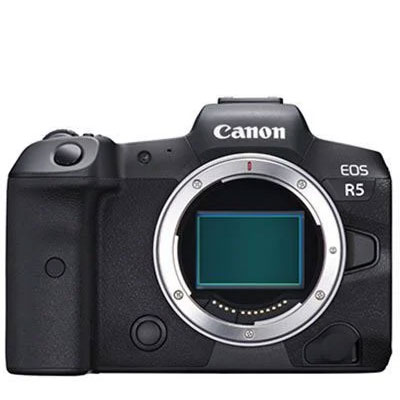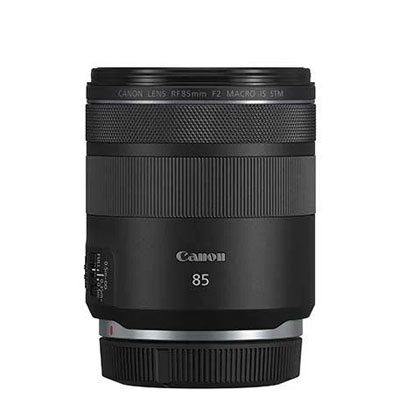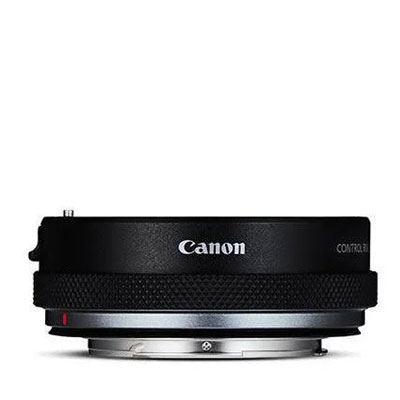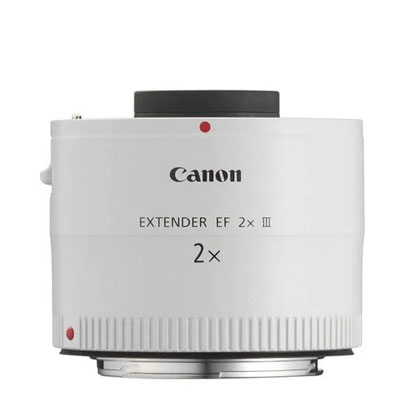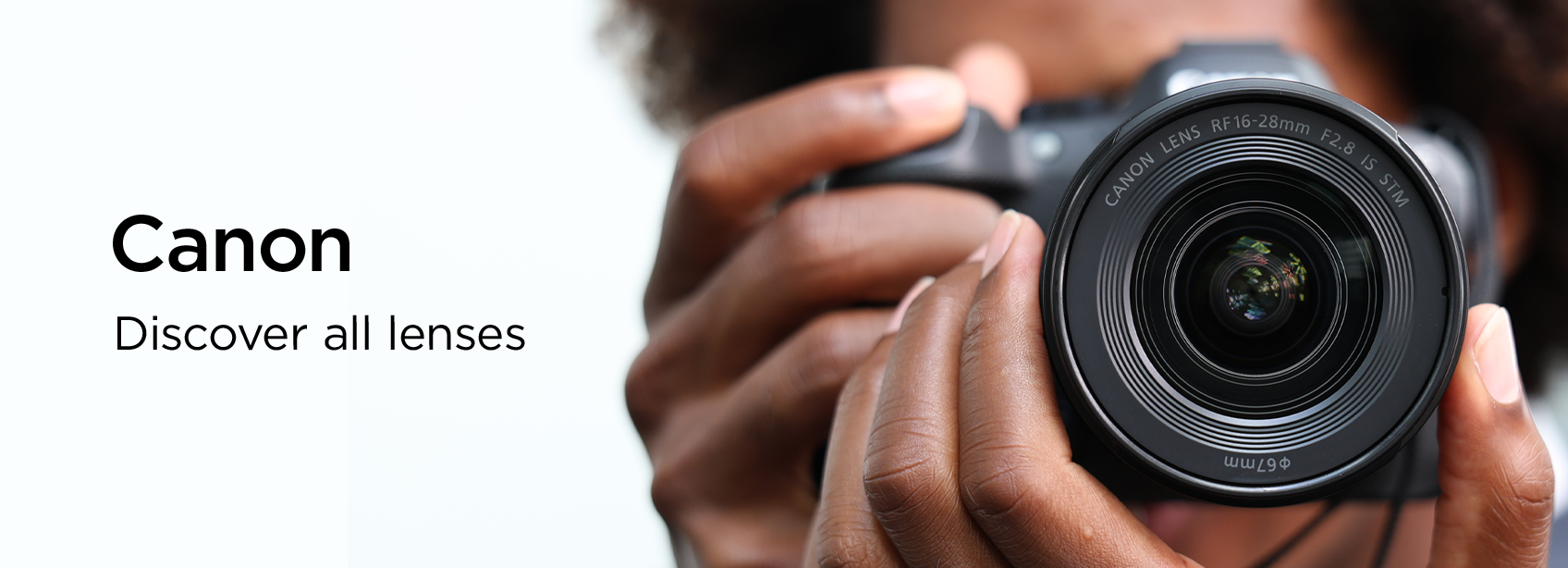

Canon camera lenses are some of the best on the market. A range that encompasses affordable lenses for beginners and incredibly sharp lenses for professionals, the Canon lens stable is an incredible achievement with decades of history to it.
If you’re looking for a lens for a Canon EOS system, you’ve come to the right place. Whether you’re a DSLR user or someone who prefers Canon mirrorless systems, it’s important to get the right lenses for the kind of photography or videography you have in mind.
Let’s run through the main categories of Canon lenses to help you find the right lens for your Canon camera!
Pre-Loved
Range
Looking to save on your equipment?
Explore our range of second-hand, used, and open-box Canon lenses »
Looking to save on your equipment?
Explore our range of used and open-box Canon lenses »
Pre-Loved
Range
Looking to save on your equipment?
Explore our range of used and open-box Canon lenses »
Compare items Select up to 4 products to compare
{{item.ProductName | limitTo: 50}}
{{item.CulturedPriceValue}}Please select at least two products to compare
Compare items Remove AllCanon Camera Lenses
Canon lens mounts
Different Canon lenses will have different “mounts” – referring to the type of camera they will fit onto.
Canon EF / Canon EF-S lenses
These are the lenses that fit Canon’s DSLRs. It’s the same lens mount as was established on the firm’s film SLRs, meaning that a Canon EF lens you bought yesterday will fit onto a Canon camera that’s been in your cupboard since the 1970s! It’s an incredible system.
Canon EF lenses will fit all Canon DSLRs, including both full-frame models and APS-C format cameras, which have smaller sensors. Bear in mind that if you’re using an APS-C camera, the effective focal length of the lens will be about 1.5x the focal length given on the box – this is called the “crop factor”. So a 50mm lens will behave like a 75mm lens.
Some lenses are designated EF-S – these will only work on the APS-C models, and aren’t compatible with full-frame cameras.
Canon RF lenses
Canon RF lenses are designed for Canon’s newer EOS R full-frame mirrorless system. They use a more sophisticated 12-pin system to provide faster communication between camera and lens. This enables features like faster autofocus.
Canon EF-M lenses
Canon EF-M lenses are made for Canon’s EOS M series of APS-C mirrorless cameras. Compact and versatile, they’re great for photographers or videographers who like to travel light.
Types of Canon lenses
There are lots of different types of lenses, and it can get confusing for the newcomer! Here we’ll run through the main categories of Canon photography lens lens you can expect to encounter – just bear in mind that these are not fixed, and some crossover between them is not uncommon.
Prime vs zoom lenses
All lenses fit into one of two categories – primes and zooms. The difference is simple: prime lenses have a single fixed focal length, such as 50mm or 35mm, and zoom lenses offer a range of focal lengths, say between 24-70mm.
Why would anyone choose a prime lens? Because the fact that they don’t include a zoom mechanism allows prime lenses to be constructed with superior optics, improving image quality. The rule of thumb to remember is this: if you want quality, get a prime, if you want versatility, get a zoom.
Wide-angle lenses
This term refers to lenses with a focal length of between about 10mm and 35mm. Wide-angle lenses fit a huge amount into a frame, providing an exaggerated perspective that is fantastic for shooting landscapes and architecture. The Canon EF-S 10-18mm f4.5-5.6 IS STM Lens is a fantastic, affordable wide-angle zoom for APS-C DSLRs.
Standard lenses
Standard lenses provide a slightly longer focal length, and a more naturalistic perspective than a wide-angle. A focal length of about 50mm is considered to be roughly the field of view of the human eye – this is why 50mm primes are so popular for general-purpose shooting, and why they’ve earned the nickname “nifty-fifty”.
Many reportage and documentary photographers like to use standard zoom lenses as it leaves them well-covered for most eventualities. Canon professional lenses Canon RF 24-70mm f/2.8 L IS USM Lens tend to be very popular among such photographers as a “do-it-all” lens. In this case, it also benefits from a professional-grade image stabiliser. This allows for the use of slower shutter speeds, without image blur caused by camera shake.
Telephoto lenses
Telephoto lenses have a longer focal length – anything above about 85mm is considered telephoto. Short telephotos like 85mm tend to be great for portraits, especially if they have a wide aperture that allows them to create images with a sharp subject and a background in soft focus.
Big Canon lenses with a longer telephoto zoom range like the Canon RF 100-500mm f4.5-7.1L IS USM Lens tend to be used for sports or wildlife, where it’s not physically possible to get close to a subject.
Fisheye lenses
Fish eye lenses are essentially ultra-wide angle lenses, which provide a hugely exaggerated perspective for creative effects and a unique look. The Canon EF 8-15mm f4 L USM Fisheye Lens can produce circular images for a true fisheye perspective.
Macro lenses
A macro lens is built for close-up photography, allowing for close-focusing and the enlarging of very tiny subjects. The Canon EF 100mm f2.8L Macro IS USM Lens is a perfect choice for images of insects, tiny plants and other great macro subjects. These Canon specialty lenses are ideal if you have a very specific style of photography in mind.
Trade In
Service
Looking to trade in your equipment?
Get an instant quote & check eligibility for trade in bonuses »
Looking to trade in your equipment?
Get an instant quote & check eligibility for trade in bonuses »
Trade In
Service
Looking to trade in your equipment?
Get an instant online quote & check eligibility for trade in bonuses »
Frequently asked questions
- Can Canon lenses fit on Sony cameras?
-
Not natively, as it’s a physically different lens mount. However, it is possible to buy mount adapters that allow Canon glass to be used on Sony bodies – the Sigma MC-11 Mount Converter is one of the most popular. Be aware that some features of the lens such as autofocus or image stabilisation will likely not work.
- Which are Canon cameras’ professional lenses?
-
While there are loads of Canon lenses suitable for professionals, anything designated “L” is a sure bet.
- Which Canon lenses have image stabilisation?
-
You can tell by the full name of the lens – if it has the letters “IS” or “OIS” in the name, then image stabilisation is on board!
- Do all Canon lenses fit all Canon bodies?
-
No – you need to make sure you get the correct lens for the correct mount, or an adapter that allows you to swap between them. Refer to the guide above for which lenses fit which cameras.
Explore Camera Lens Guides from our blog
